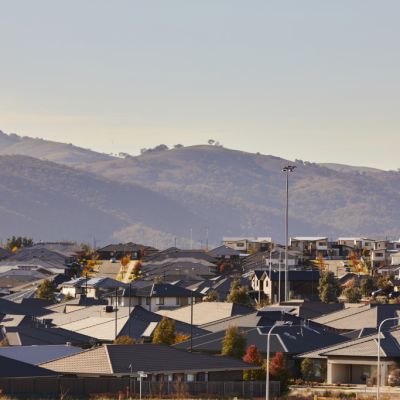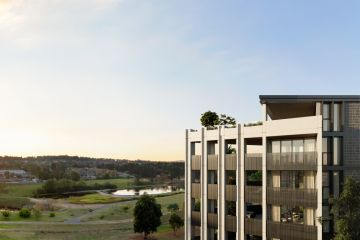The only Canberra suburb where your house earns more than your income
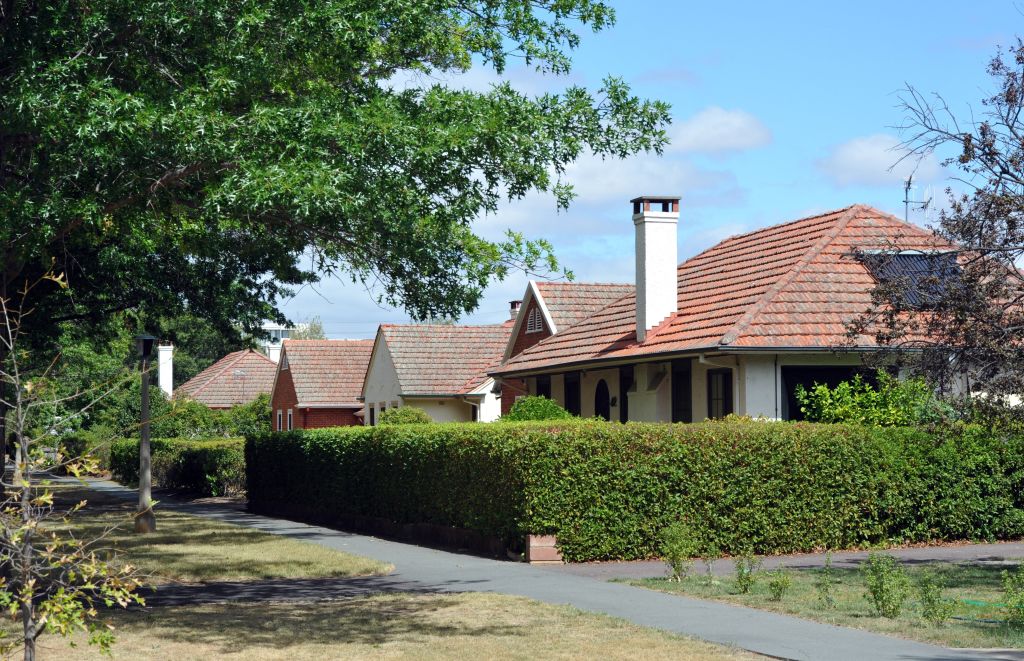
New data has revealed the suburbs across the nation where homes earn more than their inhabitants’ household income and, out of 84 suburbs, only one from the ACT made it on the list.
An analysis of Australian Bureau of Statistics and Domain data looked at the dollar increase in median property prices across Australian suburbs with more than 50 sales, comparing 2019 to 2018, and to their correlating annual household income post-tax.
Conder is the only Canberra suburb where your house earned more than the suburb’s household income.
The figures showed that Conder houses were earning $7179 more than the suburb’s post-tax annual household income of $90,821. The median household income of Conder is $124,314.
The Domain House Price Report for the December quarter 2019 found Conder also had the highest median house price growth out of all ACT suburbs at 16.9 per cent year-on-year to a median house price of $678,000.
Domain senior research analyst Dr Nicola Powell attributes Conder’s growth to the Canberra’s “sluggish wages growth”.
“Wages growth has been sluggish for about half a decade now and we are seeing the household balance sheet suffering because of that,” she says.
Despite this, Powell noted that Canberra has the second-highest income in the nation, only just behind Darwin.
Independent Tuggeranong principal Will Honey said Conder was often “undervalued”, compared to its neighbour Gordon.
“Gordon is the higher-yielding suburb in the Lanyon Valley, yet Conder has the same features with large blocks of land and houses, but I think it’s beginning to change.”
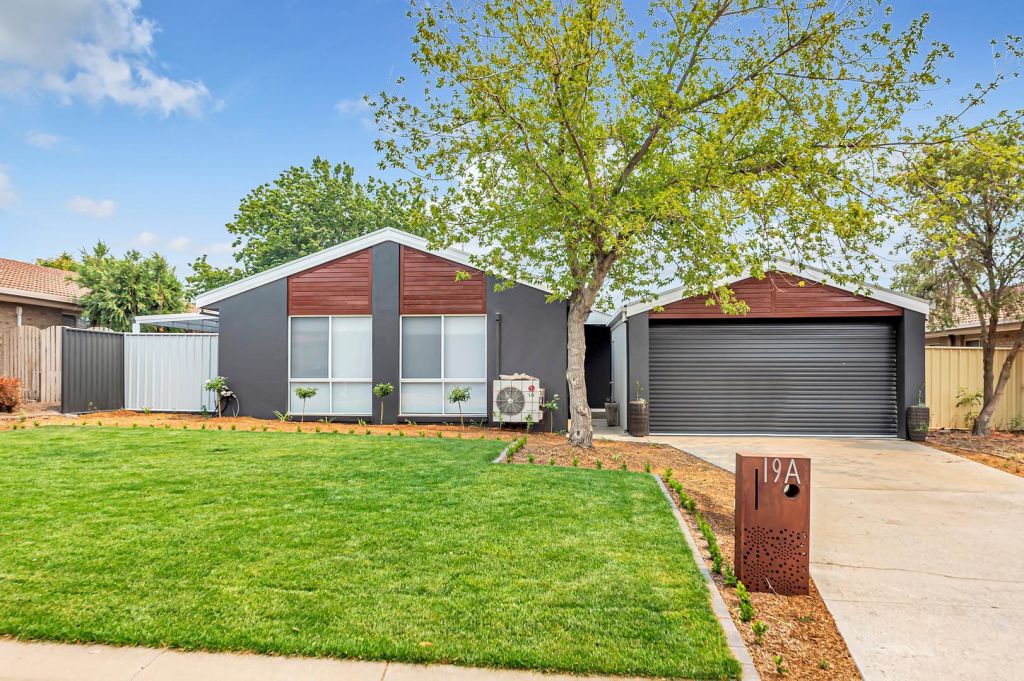
According to Honey, Conder’s proximity to Tuggeranong and Woden town centres, parks and amenities are a big drawcard for home owners, including first-home buyers.
“The further away you are from the Canberra CBD, the more bang you get for your buck,” he says.
“There’s a really good shopping centre in the Lanyon Valley and it’s a tight-knit community … everything you need is within a short distance. There are restaurants, cafes and grocery stores.”
First-home buyer Jack Doust and his partner bought a single-title townhouse in Conder for $440,000 in March, 2019. He said he was surprised by the latest figures, but relieved that he had bought into a suburb with capital growth.
“There was a lot of competition in the market when we were house hunting,” Doust says.
“At the start, everything that was listed within our price range would go for $20,000 more than we had budgeted for.”
Doust said he had his eyes set on buying in Canberra’s south because “it had Canberra’s cheapest areas … and was known as the first-home owners’ dream on that side of town”.
While Conder was the only ACT suburb where homes earned more than the household income, just across the border in NSW, Yass made it into the list.
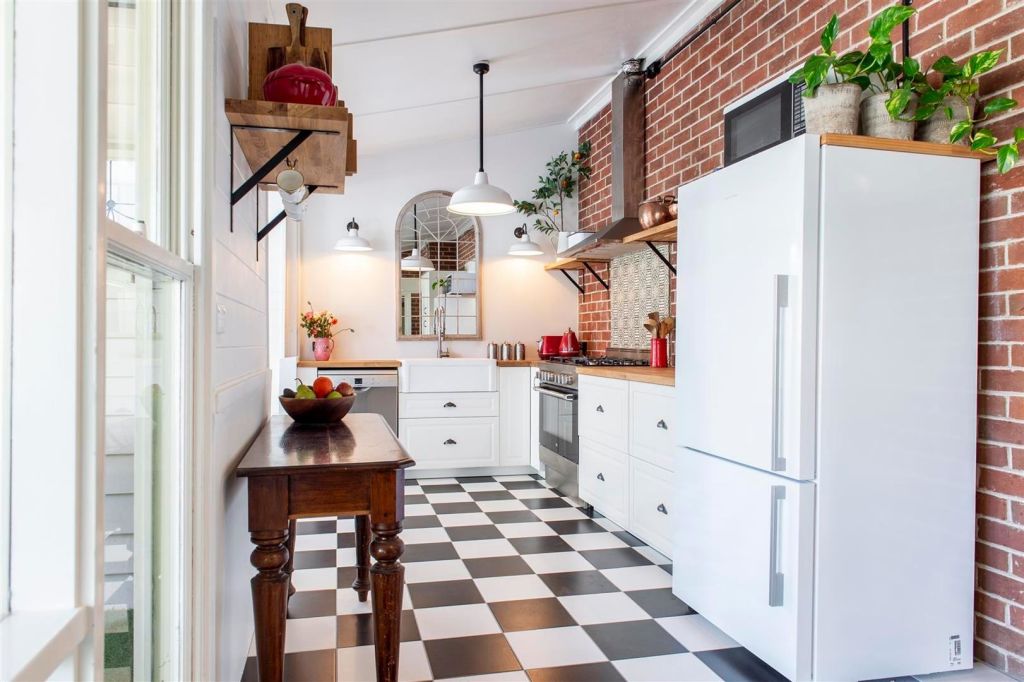
With a median house price of $494,500 and post-tax annual household income of $64,249, Yass houses earned $1751 more than their owners.
“Yass is what I call the ‘commuter town’,” Powell says.
“Many people live in Yass and work in Canberra, and you can obviously get a lot more value for money in Yass. I think the strong price growth is a result of buyers trying to search for more value for money and looking into these country towns.”
The next closest town to the ACT that featured is Burradoo in the Southern Highlands. With a median house price of $1.712 million and post-tax annual household income of $73,897, Burradoo houses earn $113,603 more than their owners.
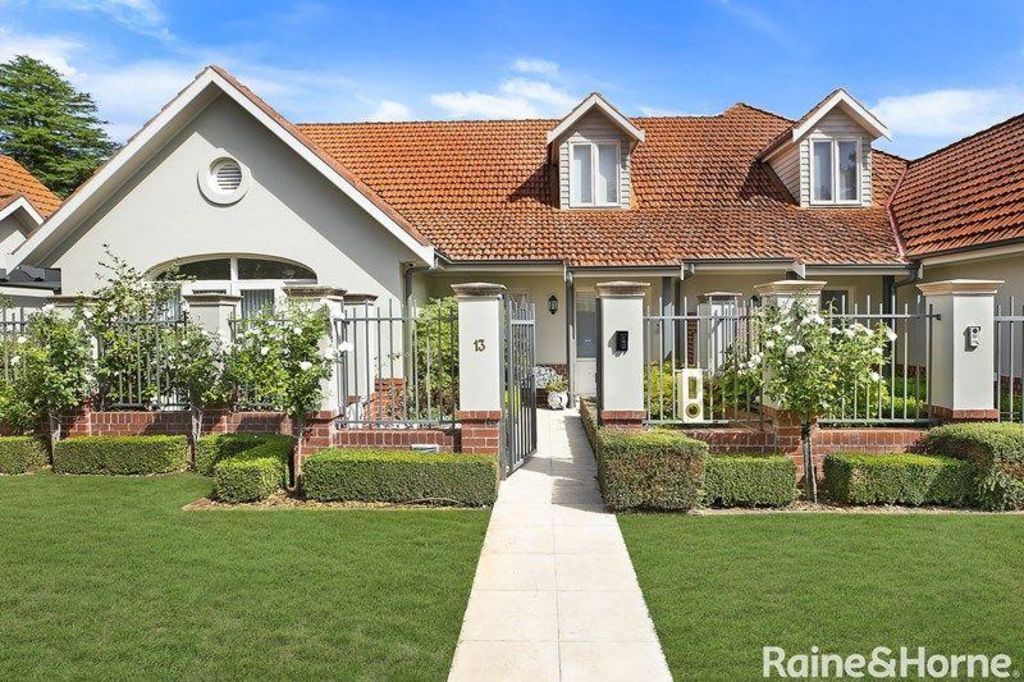
According to Powell, 60 per cent of Burradoo homes are owned outright. This could be attributed to its older demographic or retirees who have lived there for a long time, “since they have all this equity within their homes,” she says.
“Burradoo is a great example. It illustrates that if you purchase in the right area, you can see substantial growth in your home versus what you can actually earn in a year. This is just a year’s growth in a home, but if we look at the last five to 10 years, it’ll be much higher,” she says.
“It shows you how important it is to buy in the right suburb because you can change the wealth dynamics of your family if you see your home is earning so much more than you can in wages.”
We recommend
States
Capital Cities
Capital Cities - Rentals
Popular Areas
Allhomes
More

